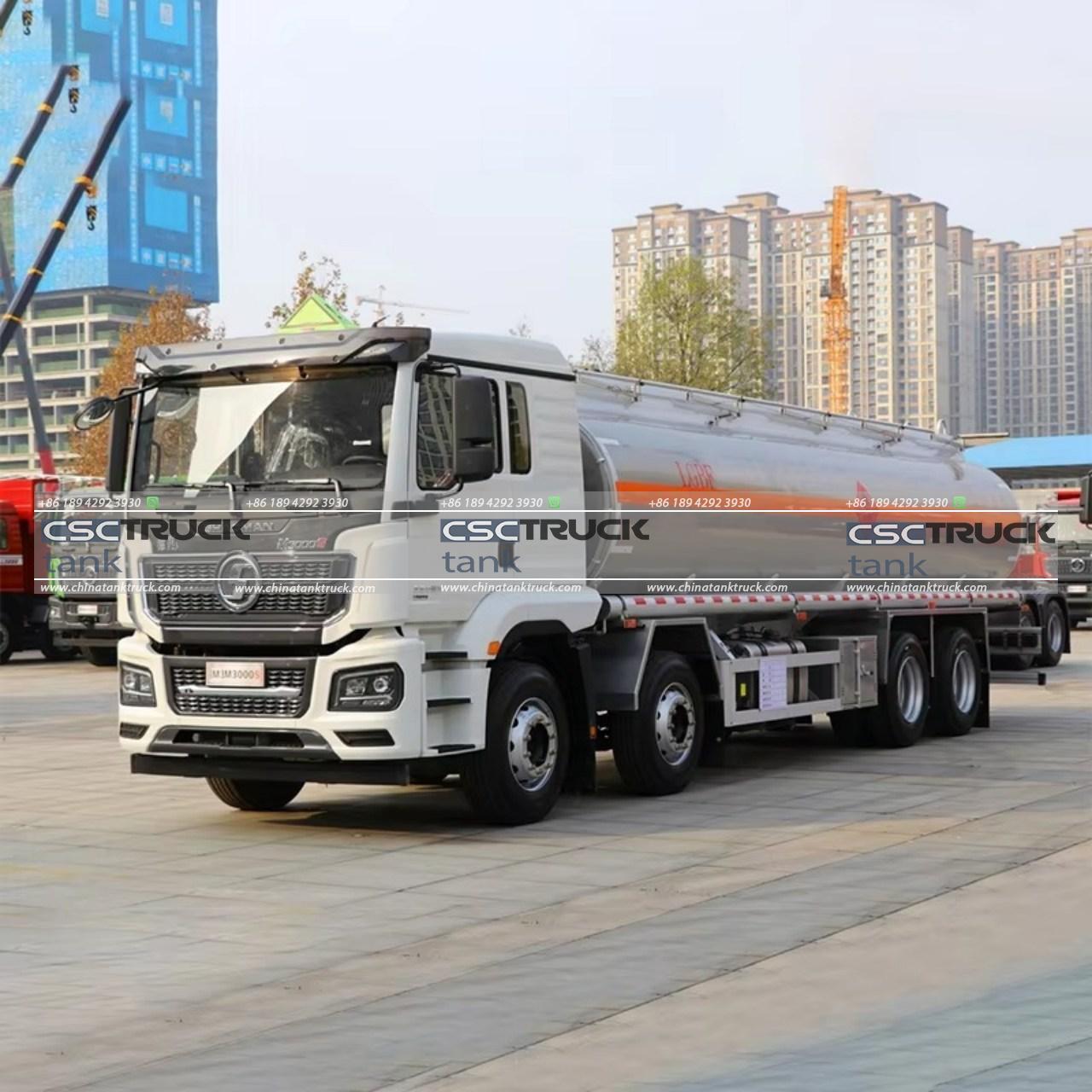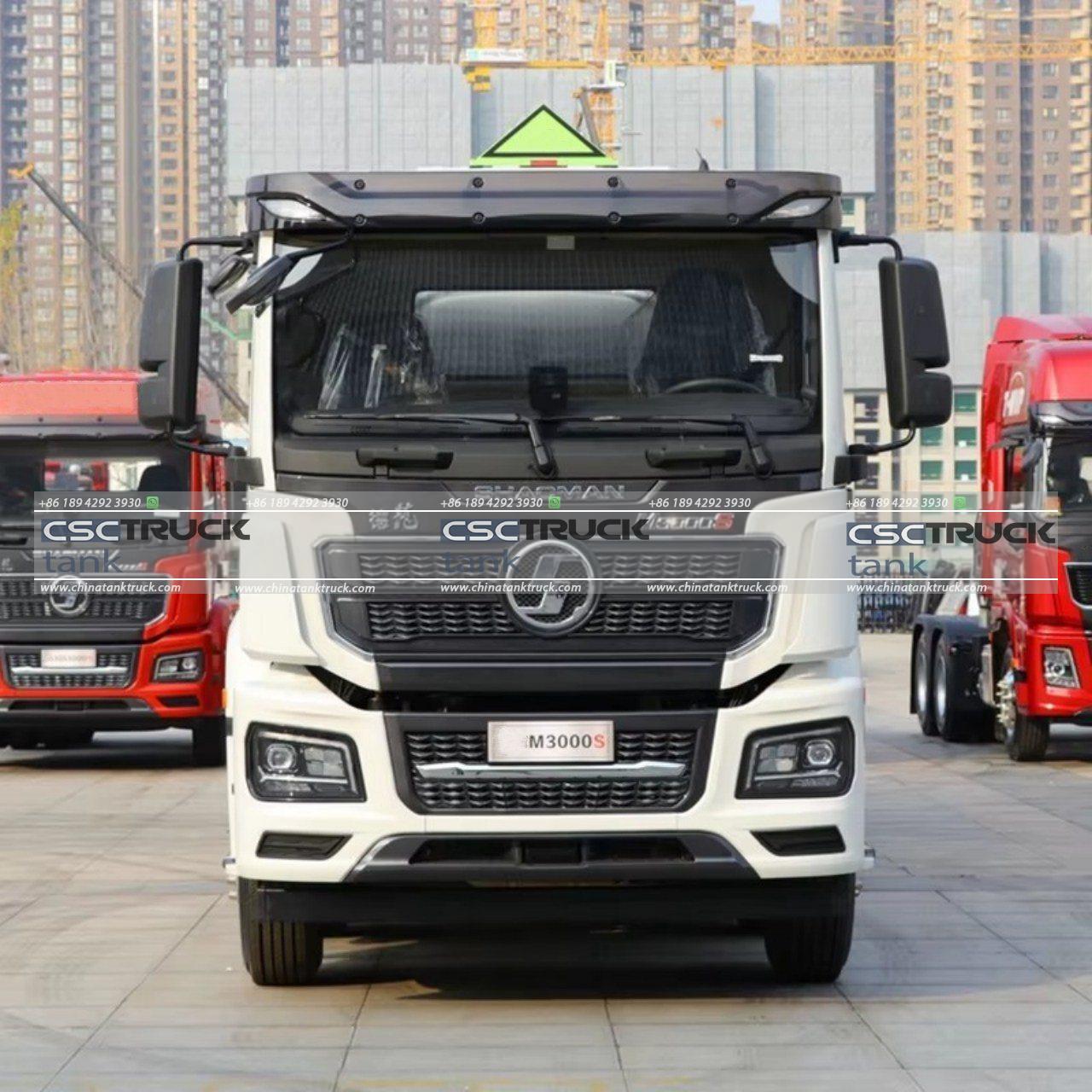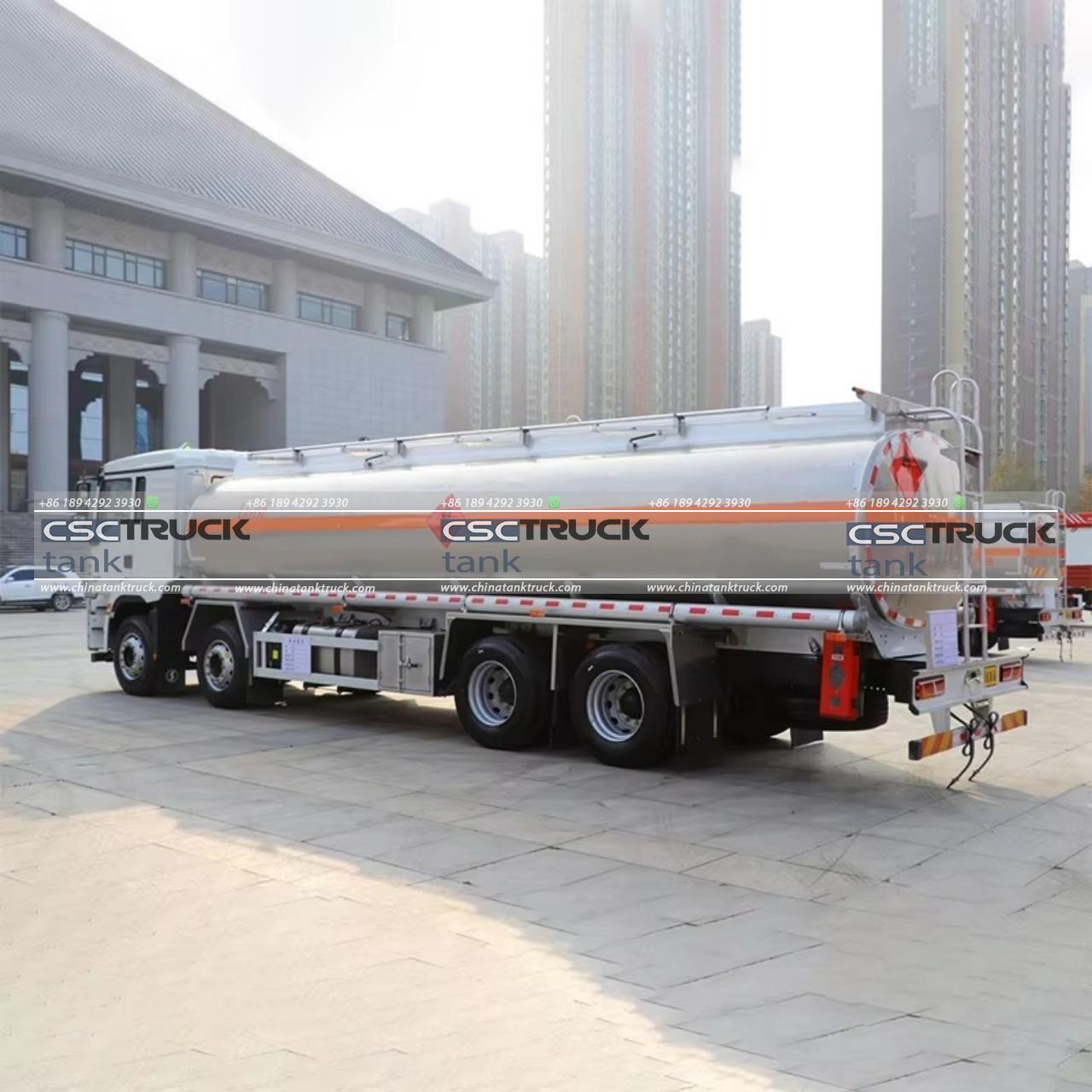Are Trucks Petrol or Diesel?
When it comes to trucks, especially those used in commercial transport, the choice of fuel is crucial for performance, cost-efficiency, and environmental impact. For decades, diesel has been the dominant fuel type for trucks, particularly in the heavy-duty segment. However, there is an increasing interest in alternative fuels and even a limited segment of petrol-powered trucks. In this article, we’ll explore the reasons behind the dominance of diesel, the contexts where petrol trucks make sense, and the emerging role of alternative fuels.
1. The Dominance of Diesel in Trucks
Diesel engines have historically been the preferred choice for trucks, especially in the commercial and heavy-duty segments. There are several reasons for this:
– Fuel Efficiency: Diesel fuel has a higher energy density than petrol. This means that pound for pound, diesel can generate more energy, making it ideal for long-haul trucks. Diesel engines also operate at lower RPMs, contributing to greater fuel efficiency over long distances. In applications where trucks need to cover thousands of miles each month, fuel economy becomes a key deciding factor.
– Torque Generation: Diesel engines are renowned for their ability to generate high torque at low RPMs. Torque is essential for trucks, as it directly impacts their ability to haul heavy loads. A high torque output allows a truck to pull more weight, which is critical in commercial and industrial applications. For instance, long-haul trucks carrying goods across continents rely on this feature, which diesel engines provide more readily than petrol engines.
– Durability and Longevity: Diesel engines are designed to withstand high compression ratios and tend to be built with robust materials, making them more durable. This durability allows them to endure the demands of constant, heavy use. For companies that rely on trucks for daily operations, the longer lifespan of diesel engines translates to lower maintenance and replacement costs in the long term.
– Fuel Availability and Infrastructure: Diesel infrastructure is well-established globally, particularly in countries with extensive logistics networks. Trucking companies often have their diesel fuel pumps, and diesel is widely available at most fuel stations, especially along highways.

2. Are There Petrol-Powered Trucks?
Although diesel engines dominate the trucking industry, there is a segment of trucks that run on petrol. However, petrol trucks are generally more common in light-duty and smaller truck categories, rather than heavy-duty ones. Some of the reasons for the existence of petrol-powered trucks include:
– Initial Cost and Simplicity: Petrol engines are typically less expensive to manufacture and purchase than diesel engines. For light-duty truck applications or trucks that aren’t expected to cover high mileage, the cost savings on the initial purchase can be significant.
– Better for Short Trips: Diesel engines are more fuel-efficient, but they are also designed to run best over long distances and extended driving sessions. For trucks used in urban areas, or those used to make frequent, short trips, a petrol engine may be preferable because it can handle frequent starts and stops without losing efficiency as significantly as diesel.
– Lower Maintenance Costs (Short-Term): Petrol engines, in general, have lower upfront maintenance costs. Diesel engines require additional components like turbochargers, intercoolers, and advanced emissions control systems, which add to the maintenance complexity and cost. Petrol engines, being simpler, can be more economical in terms of basic maintenance, though this advantage tends to fade over time as diesel engines offer greater longevity.
– Cold Weather Performance: Diesel fuel can gel in cold temperatures, which is why diesel engines sometimes require special fuel additives in colder climates or extra components like fuel heaters. Petrol engines are less affected by cold weather, making them advantageous in regions with harsh winters.
3. Environmental Considerations: Diesel vs. Petrol
The environmental impact of diesel and petrol engines is a key consideration today. Diesel engines have historically been less favorable in terms of emissions, mainly due to higher levels of nitrogen oxides (NOx) and particulate matter (PM). However, modern diesel engines have improved considerably thanks to stricter emissions regulations and advancements in technology, such as the introduction of diesel particulate filters (DPFs) and selective catalytic reduction (SCR) systems.
Petrol engines, on the other hand, tend to emit higher levels of carbon monoxide (CO) and hydrocarbons (HC) but generally produce less NOx and particulate matter. That said, diesel engines remain more fuel-efficient and thus produce less CO2 per kilometer than petrol engines for the same workload. For this reason, diesel is still considered preferable in applications that require high efficiency over long distances.

4. The Emergence of Alternative Fuels and Technologies
With the trucking industry seeking ways to reduce its environmental impact, there is a growing interest in alternative fuels and technologies. Some of the prominent alternatives include:
– Electric Trucks: Fully electric trucks, such as those produced by Tesla and Volvo, are already on the market for short-haul applications. They offer zero tailpipe emissions and have lower operating costs, but range and charging infrastructure remain limiting factors. Electric trucks are ideal for urban environments where air quality regulations are strict and charging infrastructure is more accessible.
– Natural Gas: Compressed Natural Gas (CNG) and Liquefied Natural Gas (LNG) are increasingly used as alternative fuels for trucks. Natural gas engines produce fewer emissions than diesel engines and can offer similar performance characteristics. However, CNG and LNG infrastructure is not as widespread as diesel, limiting their use primarily to regions with developed fueling networks.
– Hydrogen Fuel Cells: Hydrogen fuel cell trucks are another alternative gaining traction, particularly for long-haul trucking. Hydrogen fuel cells produce only water vapor as a by-product and can offer a similar range and refueling times as diesel. However, hydrogen infrastructure is still underdeveloped, and production costs for fuel cells remain high.
– Biodiesel and Renewable Diesel: Biodiesel is made from renewable resources and can reduce the carbon footprint of diesel trucks. Some diesel engines can run on high biodiesel blends with minimal modifications, making it a feasible alternative for the existing diesel fleet. Renewable diesel, a chemically similar fuel to conventional diesel, can also be used without modifications and offers better cold-weather performance than traditional biodiesel.
5. Future Outlook
The future of truck fuels will likely be shaped by regulatory pressure, technological advancements, and shifting economic factors. While diesel is likely to remain the primary fuel for heavy-duty trucks in the near term, we can expect to see an increase in electric and alternative fuel trucks, particularly in urban and regional applications. Additionally, with the growing emphasis on reducing greenhouse gas emissions, biodiesel and renewable diesel may become more popular as they allow trucking companies to reduce their environmental impact without overhauling their fleets.

6. Conclusion: Diesel Remains the Leader, But the Landscape is Changing
Diesel engines have long been the engine of choice for trucks, thanks to their fuel efficiency, durability, and high torque output. While petrol trucks exist, they are generally limited to light-duty applications where the initial cost and maintenance advantages of petrol engines are more significant.
However, the increasing availability of alternative fuels and the rise of electric trucks are gradually reshaping the trucking landscape. As the industry seeks ways to reduce emissions and adapt to stricter environmental regulations, we can expect to see a more diverse range of fuel options for trucks in the coming years. Diesel may still be the standard for now, but the push for cleaner energy is making room for exciting new technologies and a potentially greener future for trucking.

